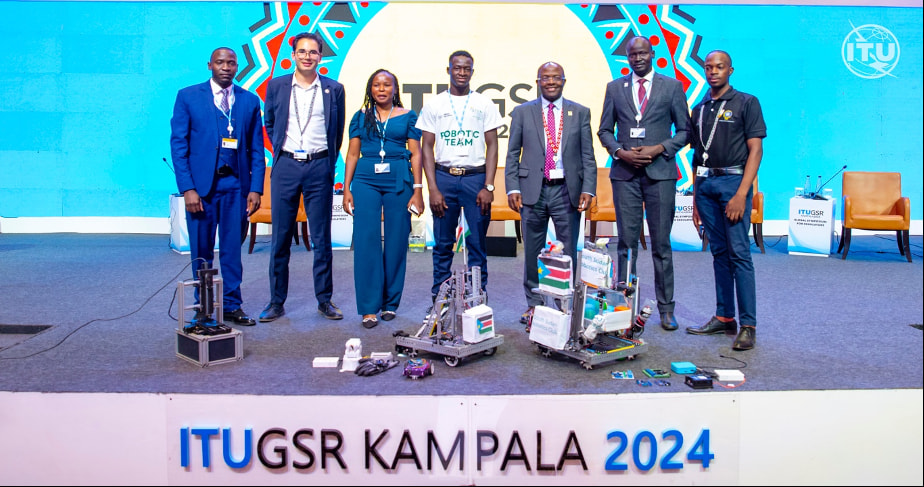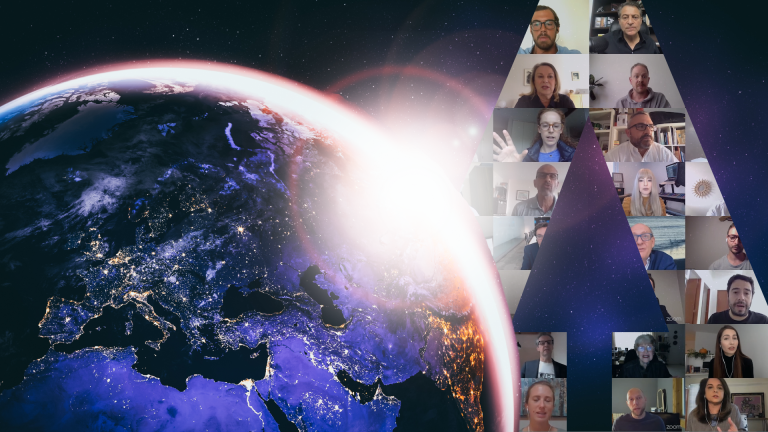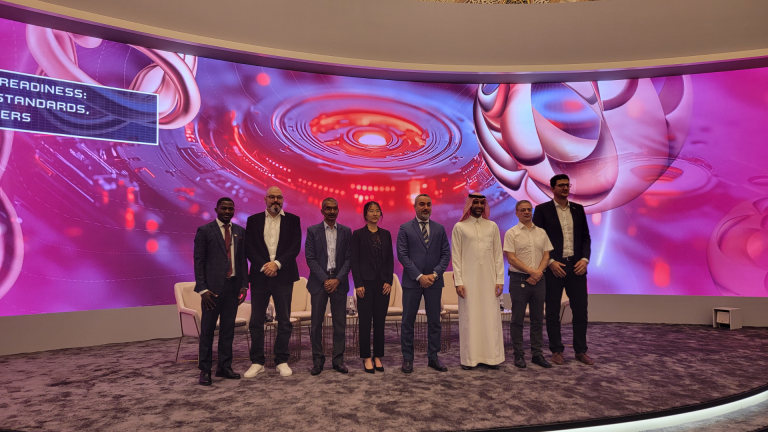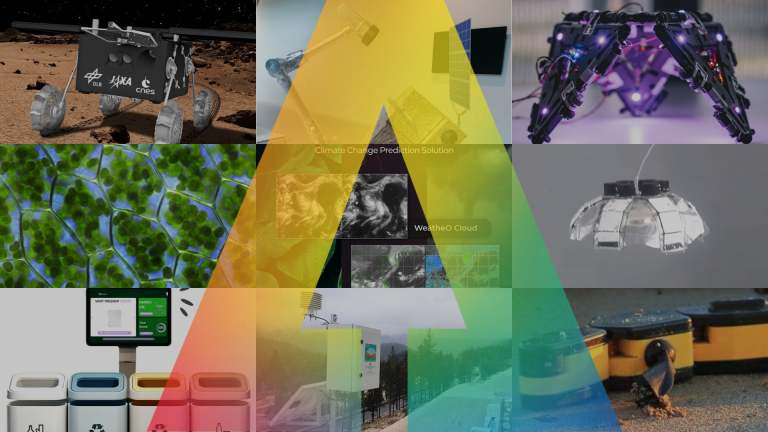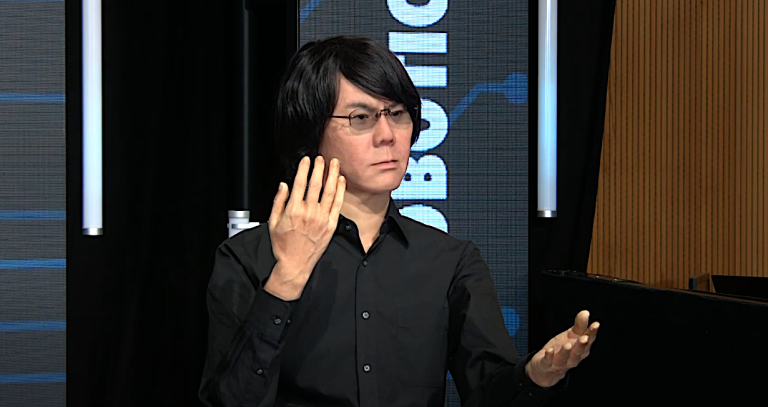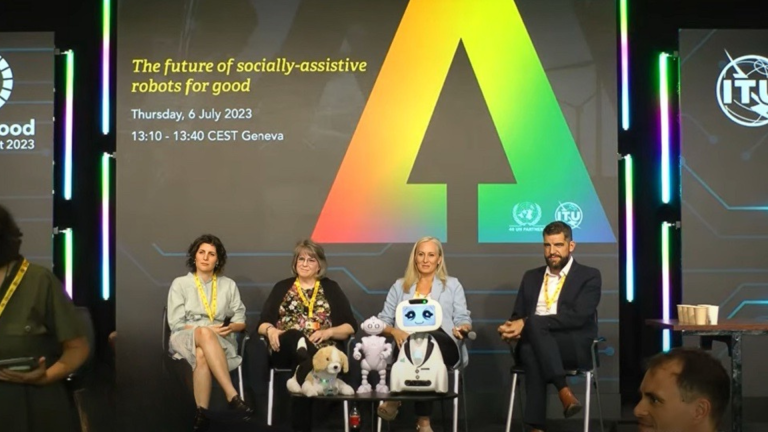“Unlocking African Innovation: How AI and Robotics are Transforming Real-World Solutions”
Harnessing AI and Robotics for Global Solutions
In a rapidly changing technological environment, the integration of artificial intelligence (AI) and robotics unveils remarkable prospects for tackling some of the most urgent issues faced by communities worldwide. With AI and robotics at the forefront of policy agendas, the GSR-24 Side Event on AI and Robotics showcased innovators from across Africa, guided by Guillem Martínez Roura, AI and Robotics Programme Officer at the International Telecommunications Union. These trailblazers revealed their transformative solutions aimed at advancing the Sustainable Development Goals (SDGs).
Transforming Africa: AI for Good in Action
Richard Ring Kuach Malek shared the motivational story of the South Sudan Robotics Club, which he co-founded in 2017, featuring one of its pioneering students, Emmanuel Maror Chol Ring.
“The South Sudan Robotics Club, founded in 2017 with other young South Sudanese, aimed to empower youth to innovate by applying the skills they learned to tackle real-world problems,” stated Richard Ring Kuach Malek, the club’s founder.
Malek highlighted the club’s dedication to addressing agricultural issues, focusing on combatting food insecurity, conflicts, and natural disasters such as floods.
“The robots we are developing are prototypes intended to solve significant agricultural challenges that South Sudan faces,” reported Richard Ring Kuach Malek.
Eugene Kudzai Jamu, the founder of Bruteforce Engineering, spoke about his company’s commitment to uplifting African innovators by streamlining the hardware development process.
“We aim to empower young Africans to begin their journeys in electronics and robotics, so they can create more advanced solutions in the future,” said Eugene Kudzai Jamu.
Jamu unveiled a flexible hardware platform that simplifies prototype development and minimizes costs associated with hardware projects.
“Once your hardware is ready, you can focus on the software, making prototyping and project deployment more cost-effective,” Jamu emphasized.
Among various innovations displayed were a vehicle tracking system for speed regulation, an LPG gas detection mechanism, and a solar-powered incubator controller for farmers, showcasing their tangible community impact.
Innovative Education Solutions
Mumbe Mwangangi, co-founder of Nyansapo AI, described her startup’s efforts to enhance literacy and numeracy education in sub-Saharan Africa.
“Consider the plight of a child in a classroom where the teacher speaks an unfamiliar language, or the blackboard shows numbers they struggle to comprehend. Unfortunately, this is a reality for nine out of ten children in many public schools in sub-Saharan Africa,” noted Mumbe Mwangangi.
Nyansapo AI aims to offer intelligent assessments in literacy and numeracy, automate classroom tasks, and create personalized learning experiences.
“We envision a future where intelligent literacy assessments free teachers from hours of listening to children read, allowing AI to handle this automatically, while also providing supportive learning activities through our app,” shared Mwangangi.
Advancements in Healthcare
William Wasswa, a senior lecturer at Mbarara University of Science and Technology and co-founder of Global Auto Systems, presented ONCIMS, an AI-driven platform designed for cervical cancer screenings. He addressed the grim realities of healthcare consultations.
“Cancer accounts for a significant number of deaths globally, with 70% of cases occurring in Africa. Uganda is among the nations with the highest cancer rates, particularly cervical cancer, which is a leading cause of mortality due to misdiagnosis and lack of follow-up,” explained Wasswa.
Wasswa underscored the urgent need for accurate and timely cancer diagnosis in Uganda and the creation of ONCIMS.
“ONCIMS is an AI-based platform that uses a cost-effective 3D-printed microscope scanner to digitize Pap smears and integrate them into a comprehensive digital oncology system,” Wasswa elaborated.
Building Trust in AI
Emmanuel Maror Chol Ring provided insights into fostering a meaningful relationship between AI and humans.
“Creating a collaborative relationship necessitates a multidisciplinary approach that acknowledges the limitations of AI while respecting human values and needs. Clear communication is key to ensuring that AI understands human requirements,” emphasized Ring.
He stressed the significance of trust and human-centered design in developing AI solutions that resonate with diverse communities.
“Transparent channels of communication regarding AI limitations and biases are essential for building trust. Techniques like explainability and interoperability are vital,” continued Ring.
Addressing Bias in AI
The panel also explored the ongoing challenge of bias in AI systems, with Mwangangi and Wasswa offering valuable strategies to foster fairness and precision.
Mumbe Mwangangi spoke about Nyansapo AI’s approach to collecting diverse data sets from various regions to ensure accuracy and reduce bias.
“Training teachers to accurately transcribe data sets from our differing regional accents helps eliminate biases in our application,” Mwangangi explained.
William Wasswa highlighted that their dataset collection process has successfully mitigated bias through careful representation.
Challenges and Community Support
Wasswa acknowledged the importance of partnerships for scaling innovation.
“Scaling innovation relies heavily on partnerships, both technical and financial. Our various partners have been essential in expanding our initiatives,” Wasswa noted.
Mwangangi also urged policymakers to redefine public-private partnerships within the African context.
“It’s crucial for policymakers to envision how best to leverage public-private partnerships to empower young innovators to effectively tackle pressing challenges with adequate financial backing,” Mwangangi urged.
The panel discussion illuminated the groundbreaking work of African leaders in AI and robotics, addressing pivotal global issues. With only 17% of SDGs on track, AI holds the potential to propel progress in 70% of these objectives. By fostering inclusivity and establishing supportive ecosystems, these innovators are crafting a promising future where technology aligns with humanity’s greatest needs.
